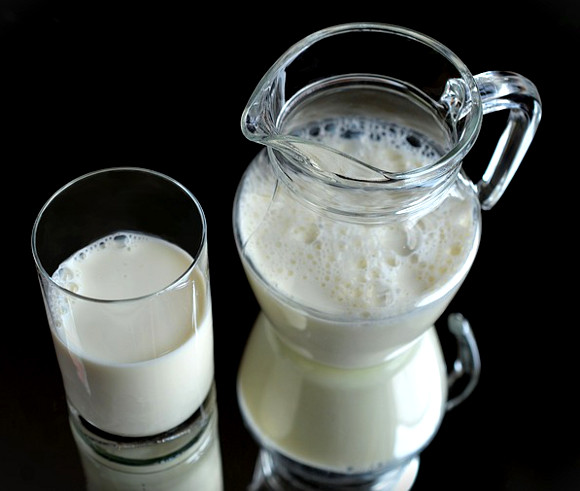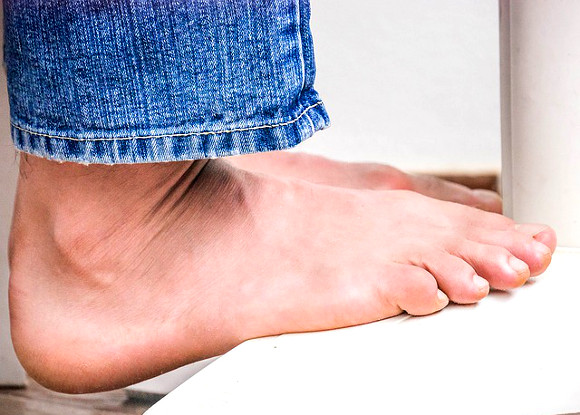Calcium is an important mineral for our overall health, but we all probably know it because it has a key role in our bone health. But although it’s crucial for our bones, calcium also helps us to maintain a healthy heart, muscles, nerves and teeth. Therefore, consuming a sufficient amounts of calcium is essential for the proper functioning of our whole body.
Important! Please consult your doctor before consuming foods rich in calcium or taking calcium supplements.

Why calcium is good for your body
More than 99% of the calcium in our body is stored in our bones and teeth, and it keeps them hard and solid. When calcium is absorbed in our body, with the help of vitamin D, it’s transported to the bones. There, together with phosphorus it gives strength and density to every single bone.
Our bones gain strength and density until the 30th year of our life. After that, this process starts to slow down. As we get older this process can actually sometimes tip to destruction, which leads to less dense and weaker bones. This is why older people need to consume enough calcium, because if they don’t, the body begins to take the stored reserves of calcium in the bones to maintain proper functioning of the nervous and cardiovascular system.
Calcium is also important for our cardiovascular and nervous system. It helps our blood clot, it helps regulate our heart’s rhythm, it helps the process of sending messages through our nervous system and it helps our muscles to contract.
Symptoms of calcium deficiency
Some of the symptoms that can occur when you have calcium deficiency (Hypocalcemia) are:
- Joint pain and frequent fractures in the body
- Brittle nails
- Fatigue
- Muscle cramps
- Irritability
- Tingling and numbness in hands and feet
If left untreated, the lack of calcium can lead to osteoporosis. Osteoporosis is a bone disease, leading to a reduction of bone density thus making your bones prone to fractures.
Recommended daily intake of Calcium
Babies (0-6 months) – 200 mg
Babies (7-12 months) – 260 mg
Children (1-3 years) – 700 mg
Children (4-8 years) – 1000 mg
Children (9-18 years) – 1 300 mg
Adults (19-50 years) – 1 000 mg
Adults (51 and up) – 1 200 mg
Women in menopause need more calcium because they’re at a higher risk of developing osteoporosis. That’s why they need to watch their calcium intake and make sure that they’re taking enough calcium which can help them fight osteoporosis.
Foods rich in Calcium
Calcium is most abundant in milk and dairy products such as plain milk, plain yogurt, cheese and cottage cheese. But if you’re lactose intolerant and you can’t eat dairy products, you can also find it in some vegetables like watercress, broccoli, spinach, Chinese cabbage, green snap beans and almonds.
Eating foods rich in vitamin D is also important because this vitamin helps with the absorption of calcium in your body.
Of course, you shouldn’t overdo it with taking too much calcium. Too much calcium can lead to problems with your kidneys (like kidney stones), muscle problems etc.




But your parents were right to make you drink milk when you were little. It’s loaded with calcium, a mineral vital for building strong bones and teeth.